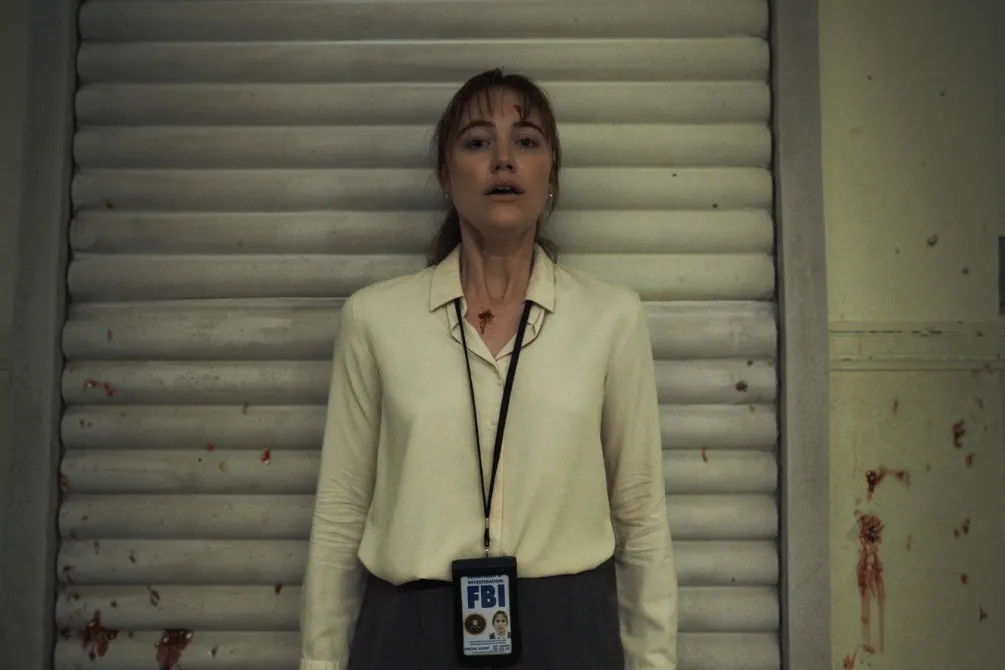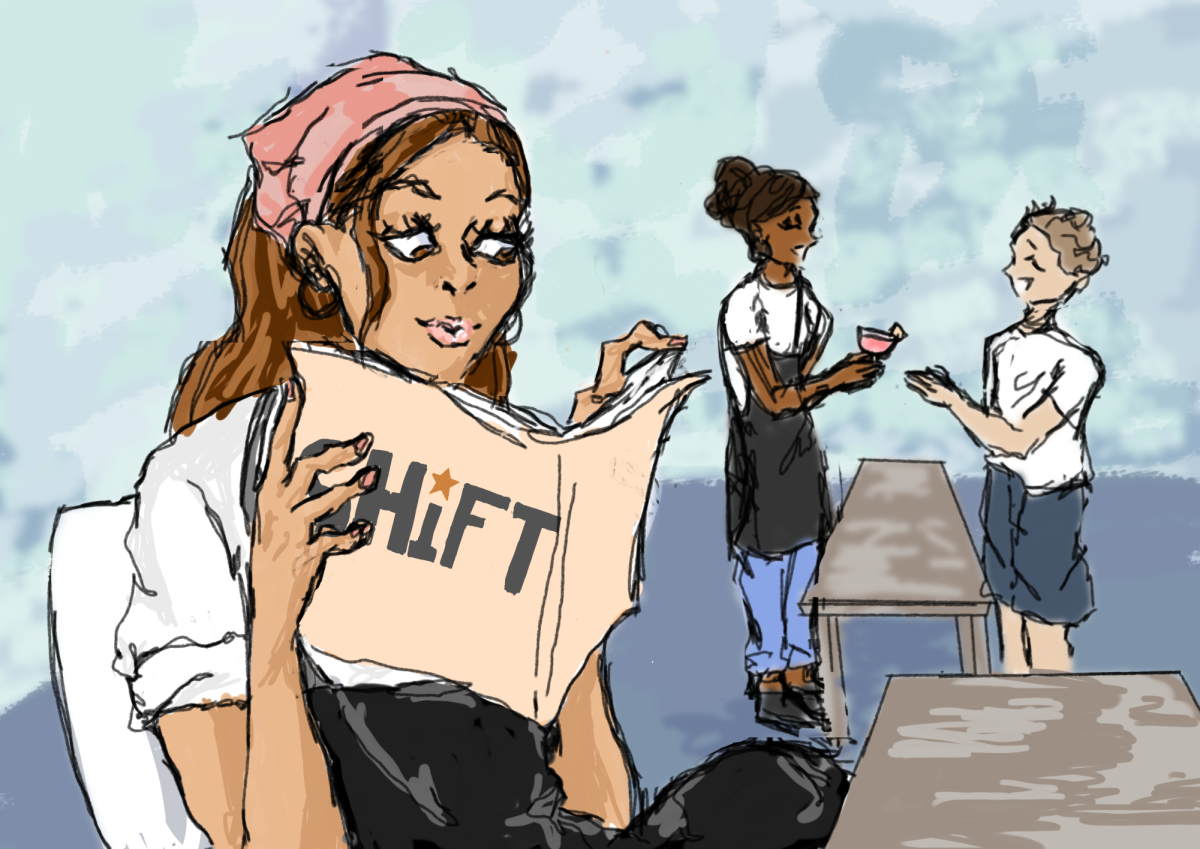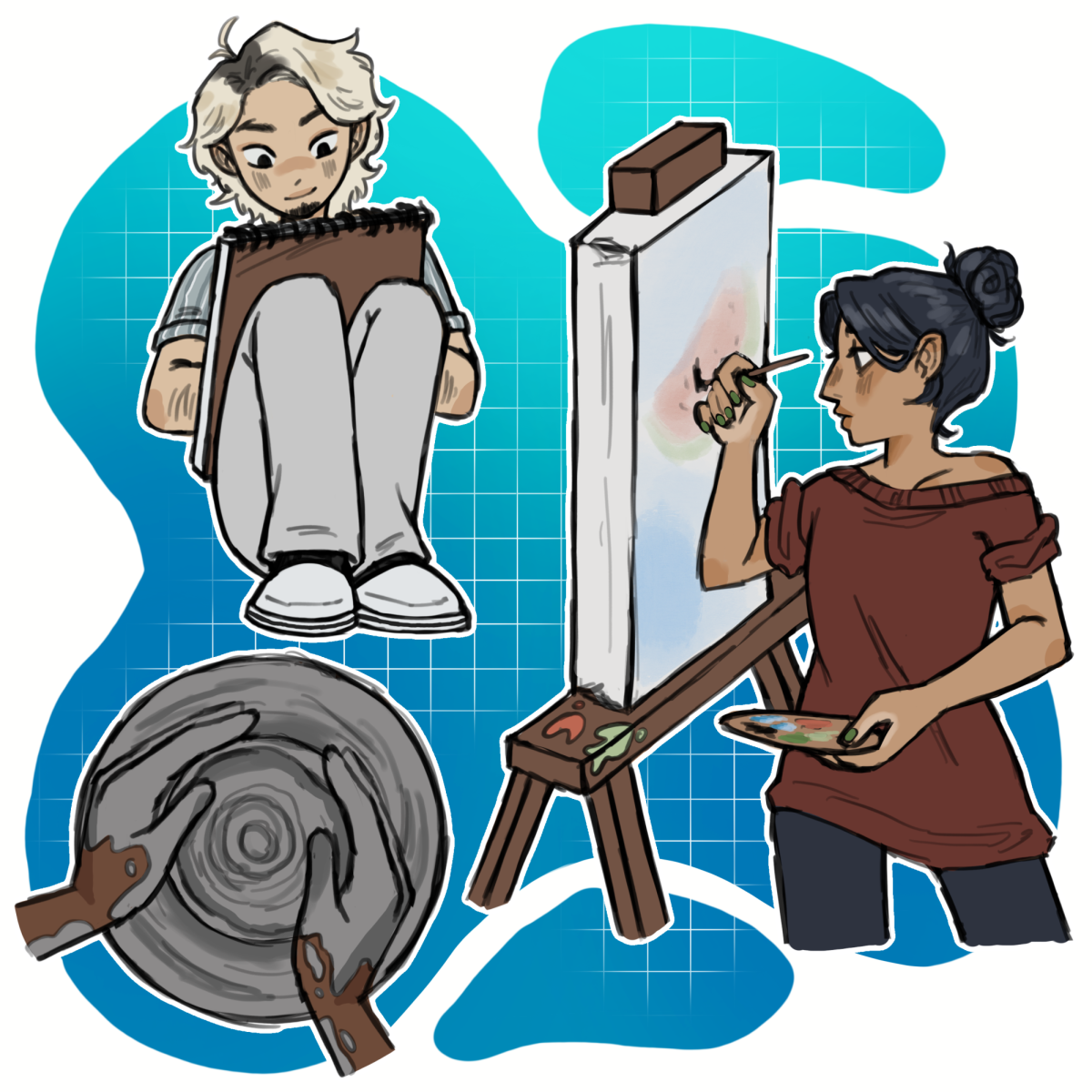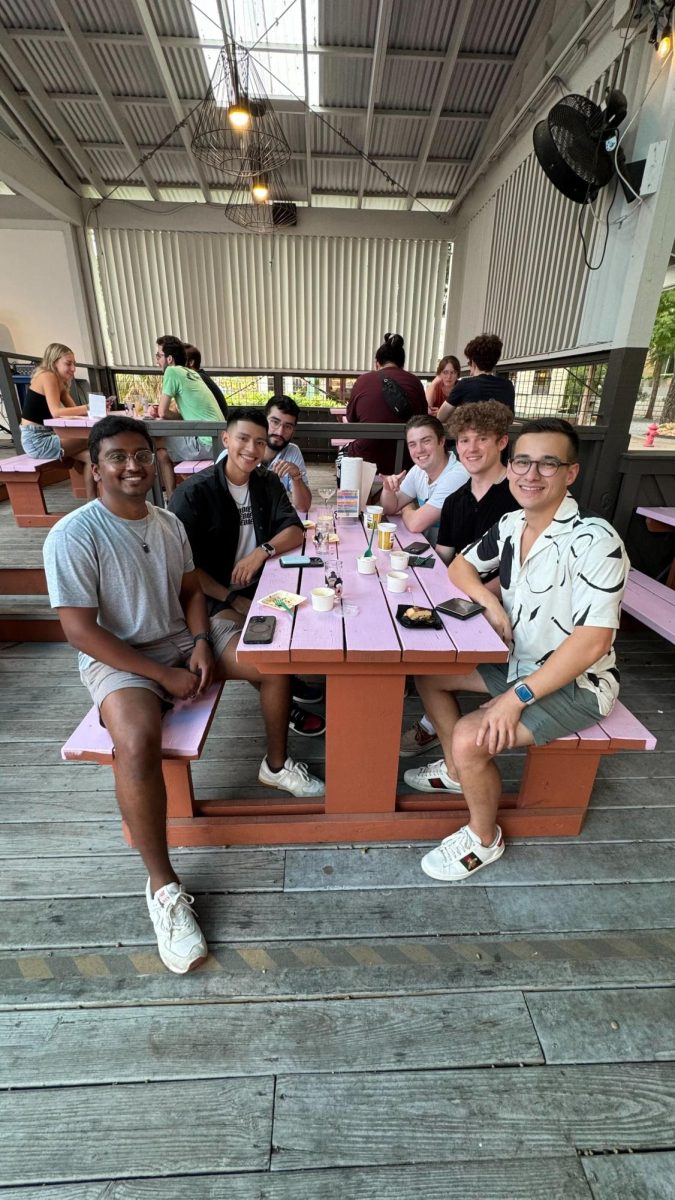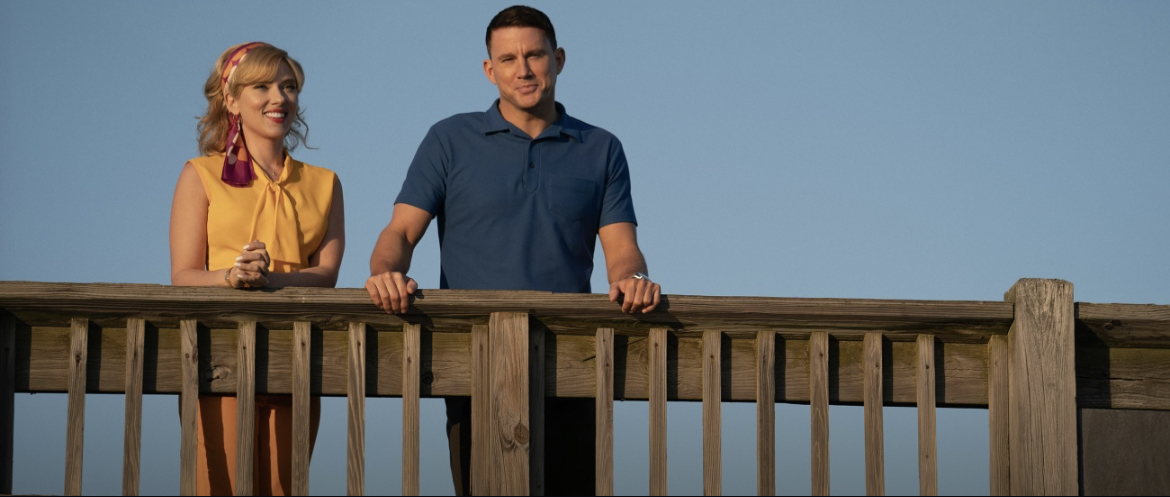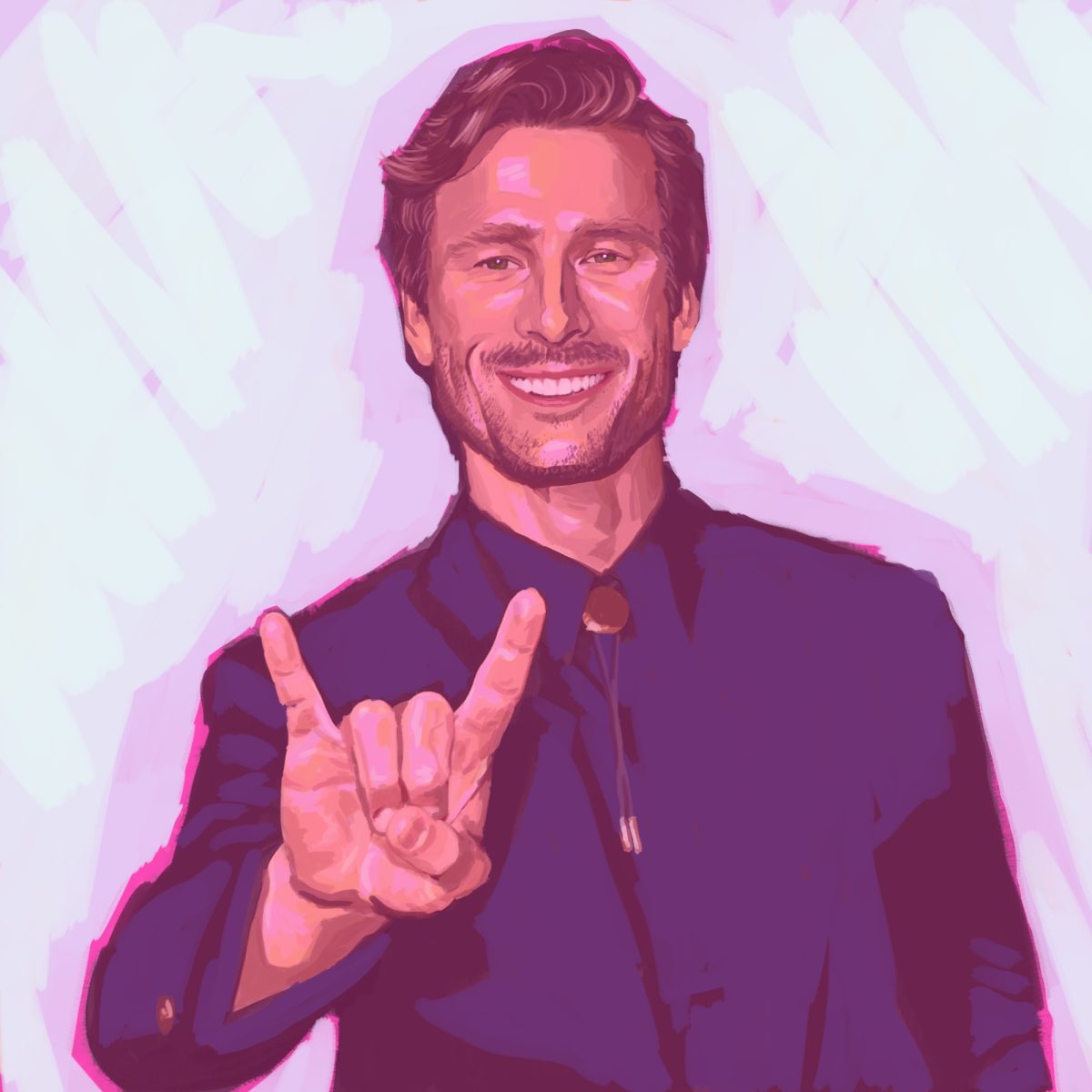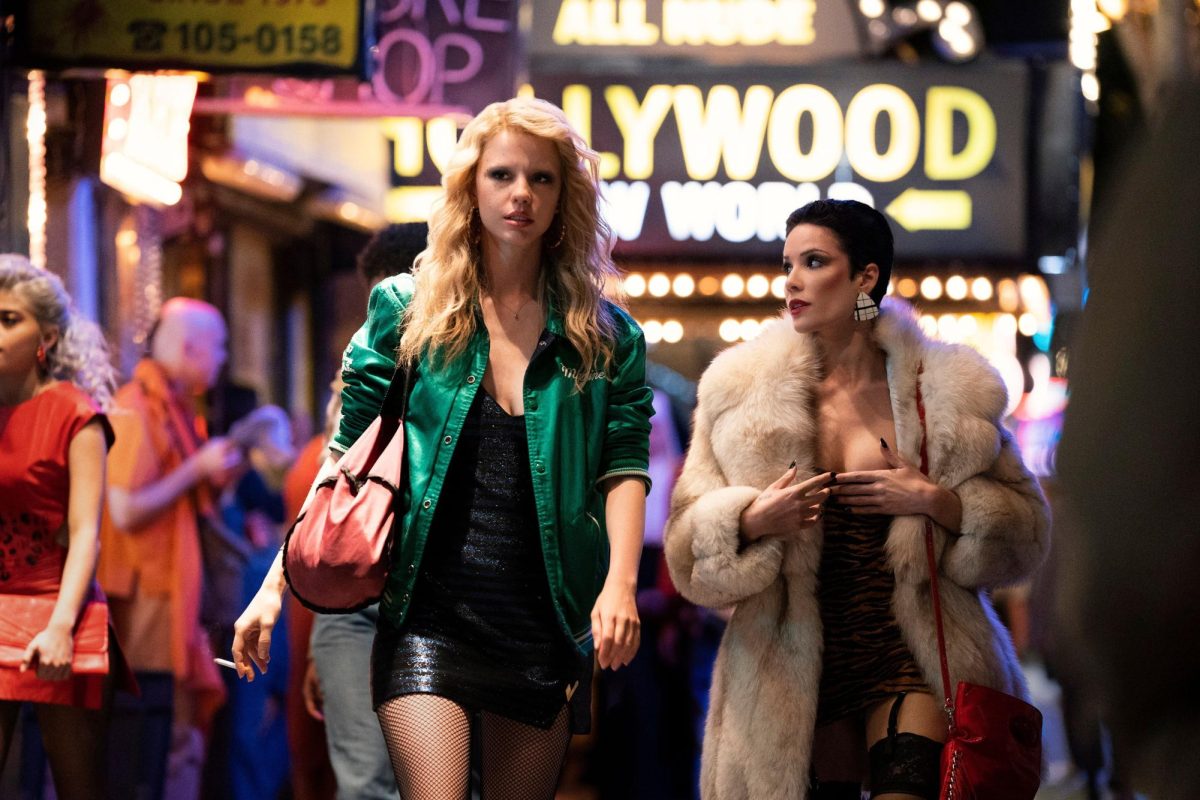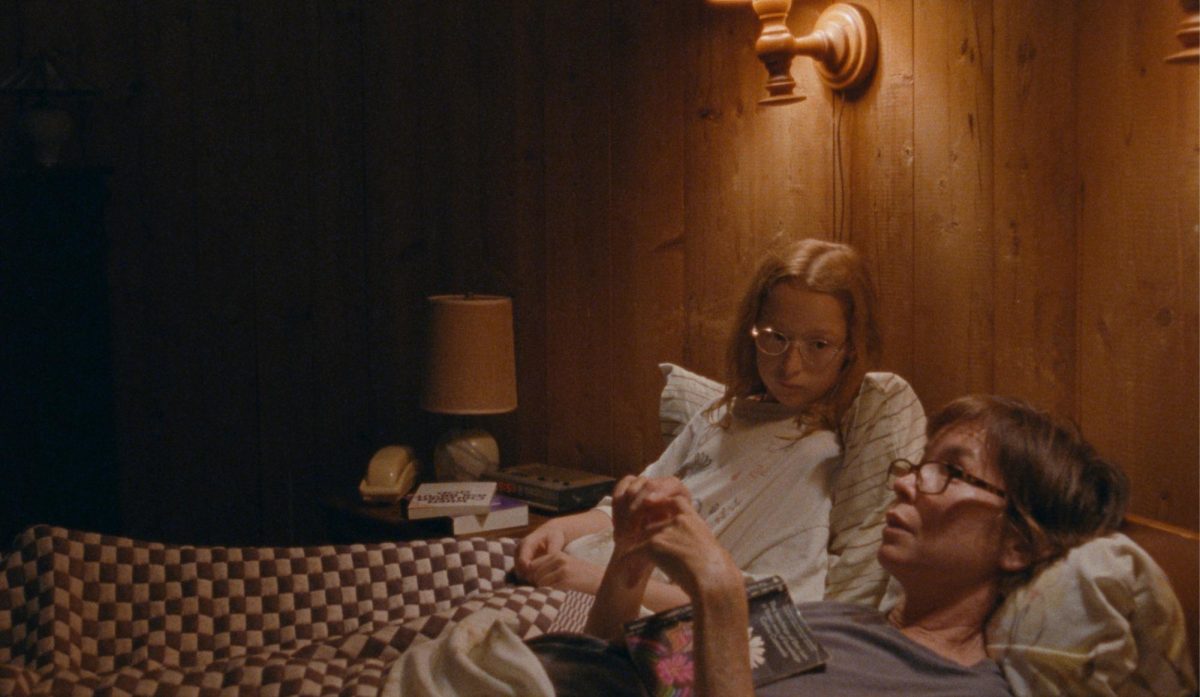Ai Weiwei is a man known for his massive art projects, such as the 32-foot “Forever Bicycles” exhibit downtown, but he has taken on something massive, even for him: filming the world’s refugee crisis.
In his new documentary, “Human Flow,” a project that employed over 200 crew members, Weiwei travels to 23 countries to interview refugees, observe resettlement camps and join rescue workers.
For a crisis that exceeds World War II in terms of displaced people, Weiwei uses drones to film the breadth of these camps and their inhabitants, highlighting cramped conditions and fragile housing.
Andrea Mellard, director of Public Programs and Community Engagement at The Contemporary Austin, which hosts two of Ai Weiwei’s exhibits, said drones provide a symbolic point of view for refugee camps.
“Drones flatten out a perspective and shows the arbitrariness of borders, the sameness of camps,” Mellard said. “Individual refugees become a mass of people, and they’re all equally deserving of dignity … He’s made a truly cinematic documentary, epic in its view.”
Weiwei does not shy from capturing desperation up close. In Bangladesh, he visits Rohingya refugees describing brutal violence by the Myanmar military, which the U.N. last month described as “ethnic cleansing.”
In the West Bank, Weiwei observes Palestinians — many of whom have lost their homes to Israeli settlements — who have their workdays interrupted by frequent power outages.
Even the more fortunate refugees that are able to avoid the outdoor tents bear struggles that Weiwei thinks are overlooked. One refugee girl and her family in Tempelhof, Germany, simply sit and wait for the days when they can finally go home.
Mellard said Weiwei’s strong, personal focus on refugees stems in part from his background of also fleeing a hostile country. Growing up in China during the Cultural Revolution, Weiwei and his poet parents were sent to labor camps during a period of crackdowns and purges.
In 2011, the Chinese secret police imprisoned Ai Weiwei for his outspoken activism for civil rights and his criticism of the government. He was imprisoned for 81 days.
“(Ai Weiwei) has been a refugee in some form for his entire life,” Mellard said.
His goal for “Human Flow,” Mellard said, is to open the audience’s empathy toward refugees and portray the lack of humanity when a country closes its borders to them.
“(Weiwei’s) concern for free speech has evolved into a concern for free movement,” Mellard said.
Feeling stunned after seeing the film, Grace Mueller, a recent UT corporate communications graduate, said Weiwei’s footage of the refugee camps and their prevalence across continents resonated with her.
“There’s an awe factor,” Mueller said. “You see the magnitude of all the camps and all the people inside. It kind of, in some ways, puts each country on the same playing field. Everyone who is in this situation are humans, and they’re lacking so many fundamental needs.”



